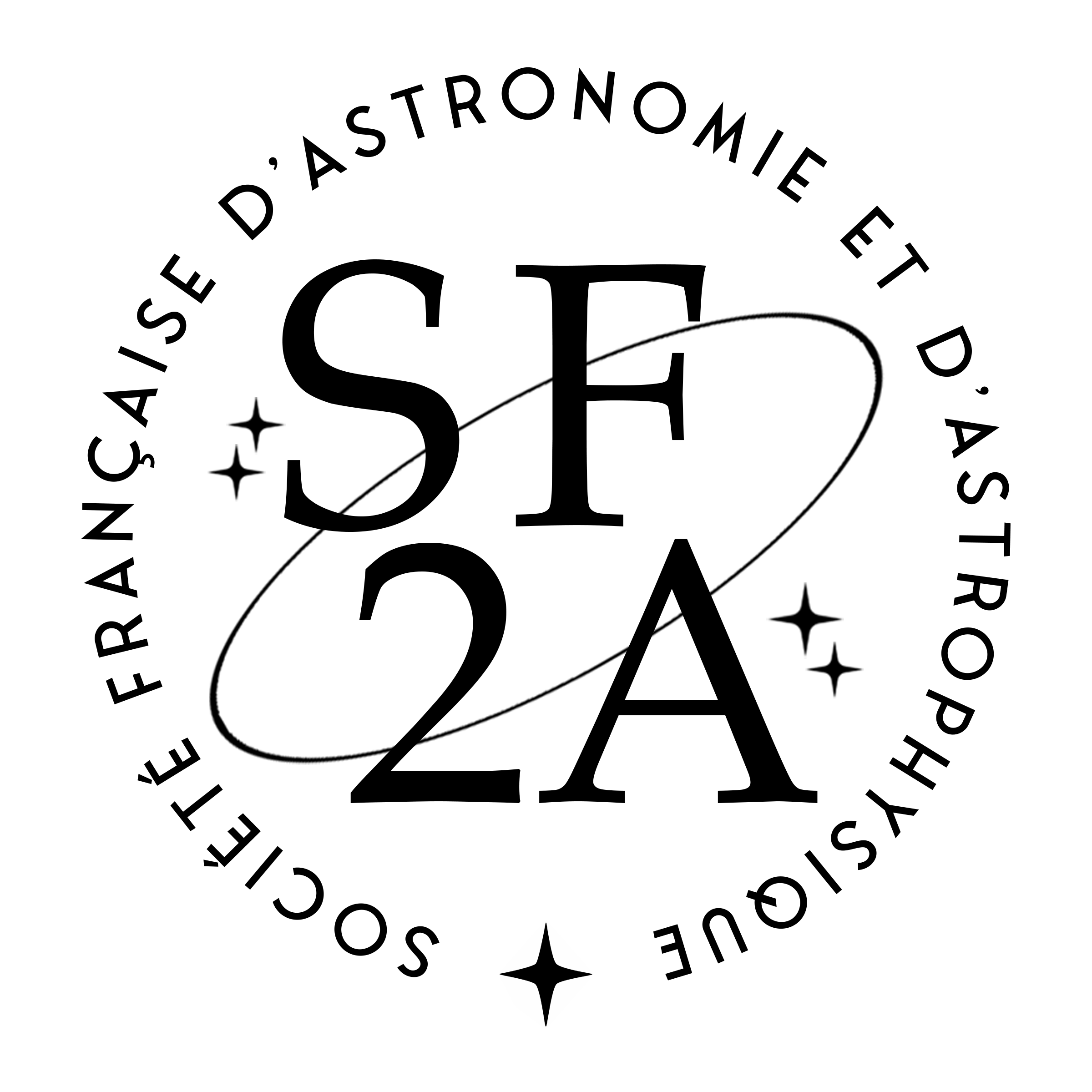Message SF2A No 1123 – 03/02/25
- Motion CNAP contre les Key Labs
- PRIMA Working Group Sign-Up
- Conference: Towards the Habitable Worlds Observatory, July 28-31, 2025, Washington DC (USA)
- Conference: Star Formation in Different Environments (SFDE), Aug.11-15, 2025, ICISE, Quy Nhon (Vietnam) + Bootcamp, Aug. 9-10, 2025
1. Motion CNAP contre les Key Labs
La section astronomie du CNAP désapprouve le principe des labels « Key Labs » mis en place par le CNRS et elle n’en tiendra pas compte lors des concours de recrutement des astronomes et astronomes adjoints.
Transmis par Nathalie Brouillet
2. PRIMA Working Group Sign-Up
PRIMA is currently relaunching its science working group for Phase A, and we invite the community to join. Participation in working groups is an opportunity to work closely with the PRIMA team to determine how PRIMA’s capabilities can best enable your scientific plans. Working group members will have access to the latest tools for developing GO (General Observer) science ideas. In addition, working group members can contribute to PRIMA by defining precursor studies — simulations and observations with existing facilities that will lay the groundwork for PRIMA science. We welcome WG members both from the US and international science community. Working group members can be any career stage from the community, including undergraduates, graduate students, and postdocs— we strongly encourage early career participation! Working Group members will be a part of the PRIMA team, and must agree to the PRIMA code of conduct. If you are interested in joining a Phase A Working Group, please fill out this form:
https://docs.google.com/forms/d/e/1FAIpQLScYNC9dzSh5hcd4ggS9gmbN9TKqd7peGl3EKA3YwXJjXgrsxg/viewform
We anticipate that working groups will begin meeting in early February, however they will remain open to new participation throughout Phase A (until early 2026).
Please note that should PRIMA be selected, we anticipate that working Group scope and structure will continue to evolve to meet the needs of the mission.
Transmis par Denis Burgarella, Laure Ciesla and Marc Sauvage for the PRIMA Science Team
3. Conference Towards the Habitable Worlds Observatory, July 28-31, 2025, Washington DC (USA)
Abstract submission deadline: February 10th.
The inaugural open community conference for NASA’s Habitable Worlds Observatory, will be held at the Johns Hopkins Bloomberg Center in Washington, DC, from July 28‐31, 2025. This milestone event will bring together scientists, engineers, industry and community stakeholders to propel the development of HWO, a mission expected to usher in a new era of astrophysics discovery and address one of humanity’s oldest questions « Are we alone? »
HWO has made significant progress in the past year. This initiative advances critical technologies and science cases, and fosters collaboration across government, academia, and industry. Results of HWO working groups will be showcased together with contributions from the global astronomy and engineering communities. Accepted presenters will be invited to contribute to the HWO25 conference proceedings, which will serve as the foundation for the first HWO Community Science Book.
See full information on dedicated web site :
https://www.stsci.edu/contents/events/stsci/2025/july/towards-the-habitable-worlds-observatory-visionary-science-and-transformational-technology
Transmis par David Mouillet
4. Conference: Star Formation in Different Environments (SFDE), Aug.11-15, 2025, ICISE, Quy Nhon (Vietnam) + Bootcamp, Aug. 9-10, 2025
Website: https://www.icisequynhon.com/conferences/2025/SFDE2025/index.html
Following the successful series of the « Star Formation in Different Environments » (SFDE) conferences held in 2016, 2017, and 2022 at ICISE, Quy Nhon, Vietnam, we are excited to reconvene for the next edition from August 11th to 15th, 2025.
This conference will focus on the latest advancements in star formation studies, leveraging the unparalleled capabilities of state-of-the-art facilities such as ALMA and JWST. We aim to deepen our understanding of the physical processes occurring across a variety of environments, from individual stars and molecular clouds to entire galaxies.
The conference will feature discussions on the latest observational data from prominent telescopes, including ALMA and JWST, alongside numerical simulations and theoretical models. These will explore star formation across different scales and environments, offering a comprehensive view of the field.
Our objective is to integrate insights from diverse research communities by balancing contributions from various methodologies and perspectives. This approach is designed to foster global collaboration and stimulate meaningful dialogue. The conference will include invited review talks, contributed presentations, posters, and small-group discussions to encourage focused interactions. Additionally, an excursion will provide an opportunity for informal exchanges and networking.
In addition to the conference, we will hold a bootcamp on August 9th-10th for young researchers and students.
This bootcamp will provide foundational training in star formation research and observational techniques, with a particular focus on using the JWST.
Conference topics include:
Molecular clouds
Low-mass star formation
High-mass star formation
Energy budget of star formation
Stellar feedback
Cloud turbulence
Magnetic fields
Initial mass function (IMF)
ISM astrochemistry
Star formation at galaxy scales
With this collaborative setting, we look forward to generating impactful insights and fostering collaborations that will drive forward star formation research in the era of JWST and ALMA.
Transmis par Thierry Montmerle, pour le SOC
Pour faire passer vos messages, envoyez un mail au secrétariat SF2A (secretariat@sf2a.eu) avant le vendredi 18h pour une diffusion le lundi après-midi suivant.

Comments are closed